On the ground floor of Georgetown Park, Donald Trump Jr. is putting the finishing touches on his invitation-only club, the Executive Branch. When the doors open, reportedly in the next few weeks, it will become Washington’s new power hangout. Cabinet secretaries will mingle with tech billionaires and foreign investors, each having parted with $500,000 for the privilege. The launch party last month included Secretary of State Marco Rubio, Attorney General Pam Bondi, SEC Chairman Paul Atkins, and FTC Chairman Andrew Ferguson. David Sacks, the President’s crypto and AI czar, proudly announced himself as member number one. This tableau – celebrity, politics, profit – perfectly captures the Trump dynasty’s particular brand.
“I’m a private citizen who has been a businessman my entire life,” protests Trump Jr. when questioned about potential conflicts with his burgeoning empires. This line, delivered with increasing frequency since his father’s January restoration to the White House, helps explain the explosion of Trump familial recent business deals: Middle Eastern property developments, defense technology startups and ventures orbiting Elon Musk’s commercial universe, all expanding at a pace suggesting opportunity measured not in mere millions but billions. When the press drew unflattering comparisons (one likened him to Hunter Biden,) Don Jr. fought back, telling CBS, “It’s laughable that the left-wing media thinks that I should lock myself in a padded room and cease what I’ve been doing for over 25 years to earn a living and provide for my five children.”
At one level, his defense is sound – Don Jr. is indeed a private citizen who just happens to be the son of the president of the United States. (And in his own words, there is a big difference between him and Hunter Biden: “He’s also a felon crackhead and I’m not.”) But the chronology is rather telling. Just six days after the election, Trump Jr. joined the investment firm 1789 Capital, which managed $200 million. Within three months, the fund had raised $500 million and announced plans to amass $1 billion by summer. The reason for this sudden success is not hard to fathom: when this Palm Beach outfit invests, it offers something far more valuable than capital – the unspoken promise of presidential proximity. With Trump-branded properties materializing across Qatar and Saudi Arabia in perfect harmony with diplomatic visits, you have to wonder: has America ever witnessed such a brazen fusion of presidential access and private enterprise?
The answer, at least sort of, is “yes.” Hunter Biden’s hobbyist paintings were supposed to be listed by a New York art dealer under an ethics agreement that, as a candidate, Joe Biden claimed would ensure Hunter and himself would be unaware of who purchased them. Soon after Biden won, though, people were paying hundreds of thousands of dollars for the artworks, previously deemed valueless, and it turned out Hunter did know who bought them. One such buyer, influential California Democratic donor Elizabeth Hirsh Naftali, was appointed to an influential government commission by the president.
Yet even if the Trumps are swimming in a pre-existing swamp, the contrast of 2025 with the first Trump administration is stark. During Trump’s first tenure, the family maintained at least a pretense of separation between government and business – Don Jr. and Eric supposedly managing the Trump Organization while their father governed, with Ivanka and Jared accepting official roles in the administration. The opposition naturally criticized this arrangement, pointing to foreign diplomats booking Trump hotel rooms and the President’s frequent visits to his own properties.
But that earlier approach now seems quaint compared to the machinery of influence operating today in plain sight. Where the first term featured clumsy attempts to navigate ethics concerns through nominal business trusts and promises of no “new deals,” today’s operation has done away such pretenses entirely. The family’s first-term education taught them a valuable lesson: the political consequences of conflicts of interest don’t really matter if supporters remain loyal. This time around, there’s nothing to lose.
Don Jr.’s marathon of deal-making this spring reached its peak during his whirlwind tour through the Gulf states, where the distinction between private businessman and presidential son became blurry, to say the least. A contest of sorts played out across Europe, the Middle East and America, as Trump’s two older sons pursued what the New York Times called “a blitz of family money making ventures” involving “billions of dollars with few precedents in American history.” Don Jr., ever the competitor, seemed determined to secure the larger share of the spoils.
In Dubai’s towering Burj Khalifa, next to his little brother, he unveiled plans for an 80-story Trump International Hotel and Tower where units will fetch up to $20 million each. “Challenge everything,” declared the project’s brochure, “Stop at nothing.” Hours later, at a cryptocurrency conference, Eric appeared alongside Zach Witkoff – son of his father’s hand-picked Middle East envoy – to witness an Abu Dhabi investment company select World Liberty Financial’s stablecoin for a $2 billion transaction. The arrangement allows the Trump-adjacent crypto venture to skim a percentage from each dollar invested. The assembled sheikhs and billionaires, naturally, found nothing peculiar in the arrangement.
In Qatar, Don Jr. inspected sites for luxury Trump villas built in partnership with the state-funded Qatari Diar, mere weeks before his father descended upon Doha and received a promise of a $400 million dollar jetliner to serve as Air Force One – a gift from the same Qatari government. In Saudi Arabia, no explicit quid pro quo needs be uttered as officials approve Trump developments in Riyadh while negotiating with the administration. The wink, the nod, the lucrative towers sprouting across the desert while American foreign policy gently accommodates.
The administration insists it’s business as usual. Press Secretary Karoline Leavitt, after sipping champagne at the Executive Branch launch party, scolded reporters, saying it was “ridiculous” to suggest “President Trump is doing anything for his own benefit.” The rest of us can’t shake the feeling that something is off. Perhaps the most revealing aspect of the entire enterprise is that it no longer needs concealing. As Washington’s most exclusive new club demonstrates, influence is no longer something to be gained discreetly. In Trump’s America, it now comes with a hefty price tag, a gold membership card, and reserved parking.











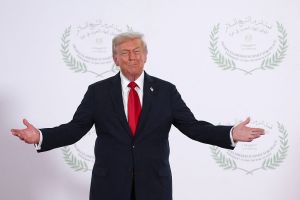
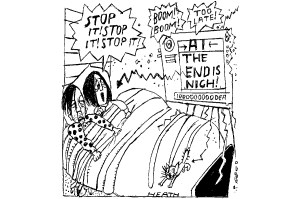
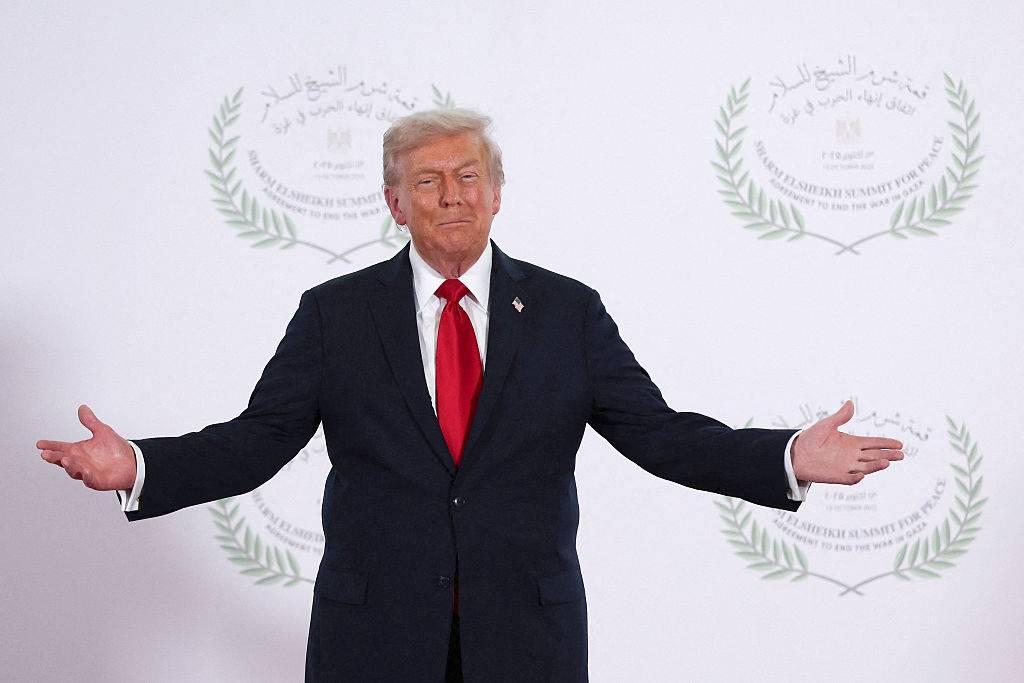
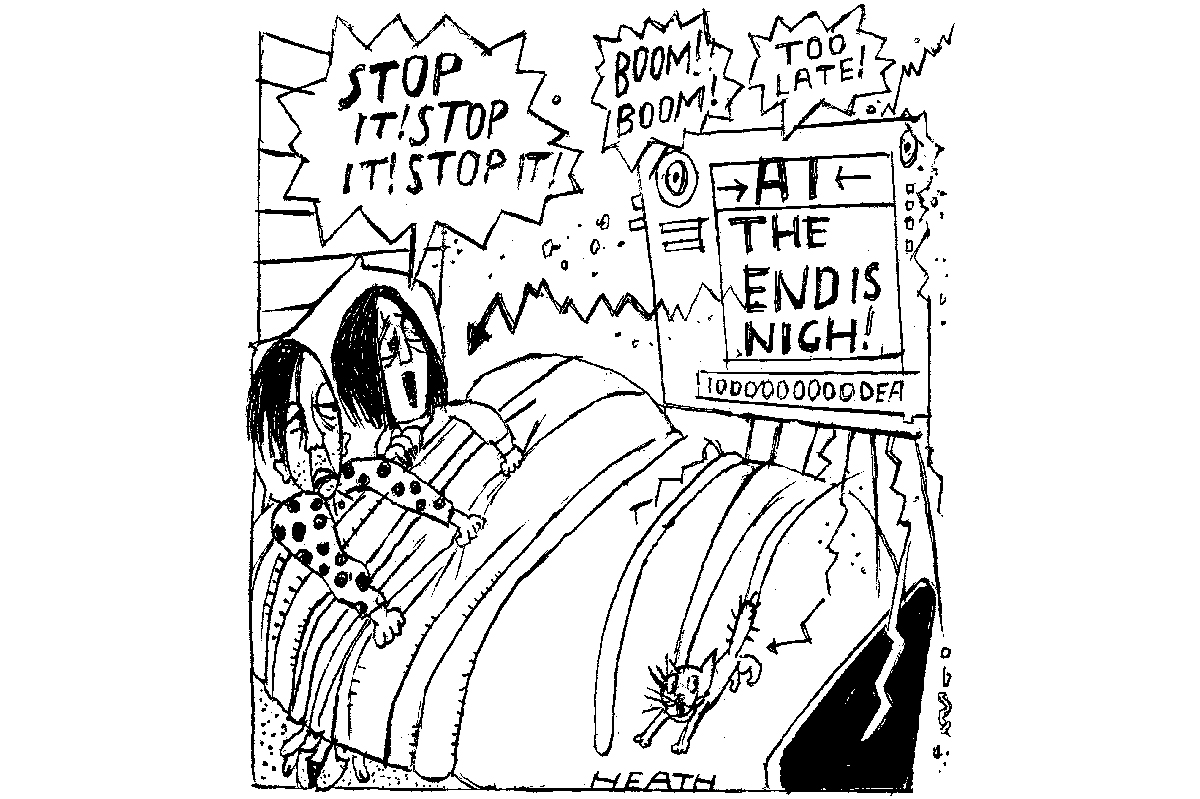
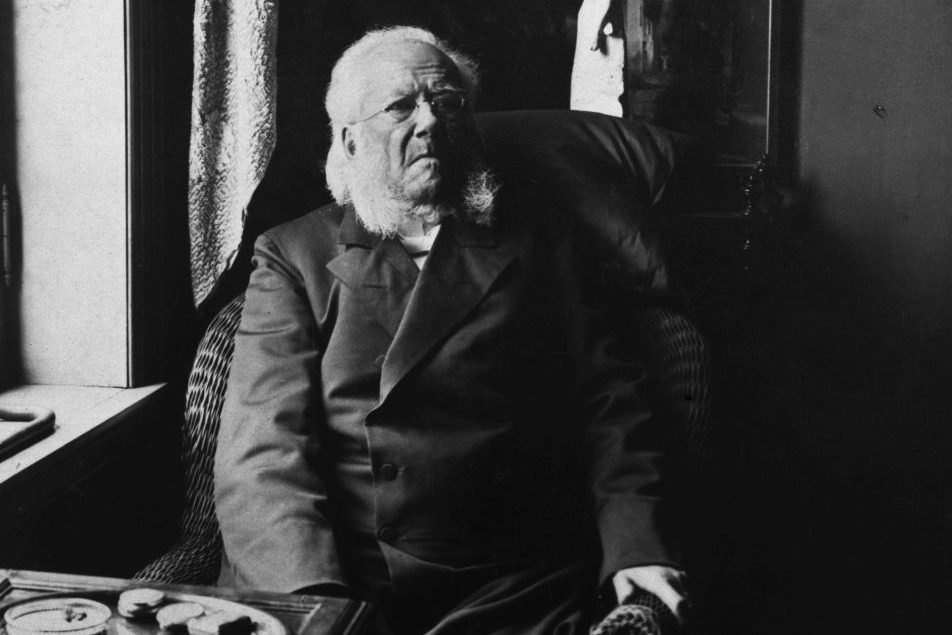










Leave a Reply